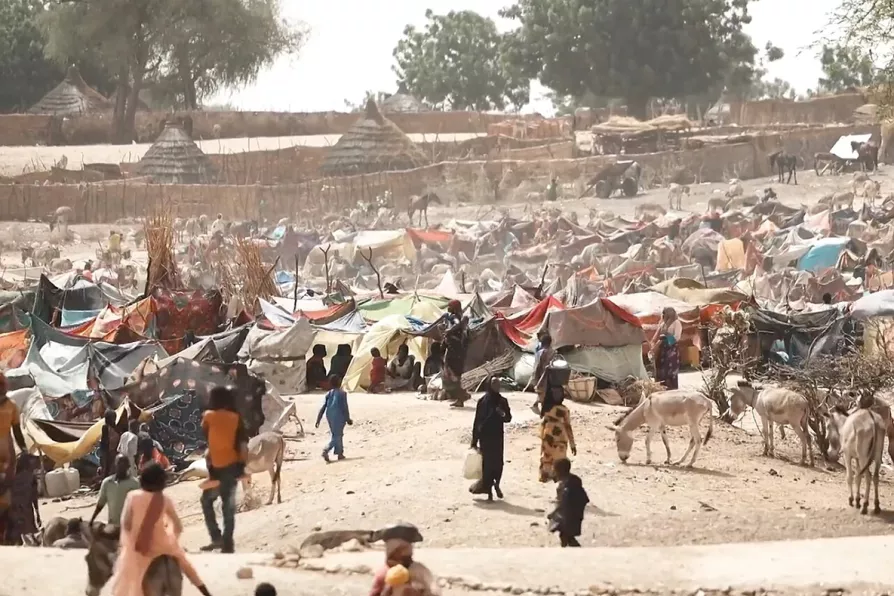By pressuring Mexico to halt oil shipments, Washington is escalating its blockade of Cuba into a direct bid for economic collapse and regime change, argues SEVIM DAGDELEN

 A refugee camp in Sudan
A refugee camp in Sudan
GOLD is at the heart of the carnage taking place in Sudan’s civil war. According to the UN, Sudan’s paramilitary Rapid Support Forces (RSF) group is using the proceeds from gold mining to fund its devastating war against the country’s military.
The UN report from earlier this year is supported by a source from within Sudan. My source, who cannot be identified because to do so would place their life in danger, also claims that the United Arab Emirates (UAE) has helped supply arms to the RSF in return for getting its hands on the rich gold reserves of the north African nation.
The UAE denies the allegation, which was also levelled earlier this year by the UN. At the time the UAE Foreign Ministry claimed they were “not supplying arms and ammunition to any of the warring parties,” and did not take sides in the current conflict.

ROGER McKENZIE shines a light on conflicts in Sudan and Nigeria, where Western powers are intent on laying claim to valuable resources necessary for market dominance













